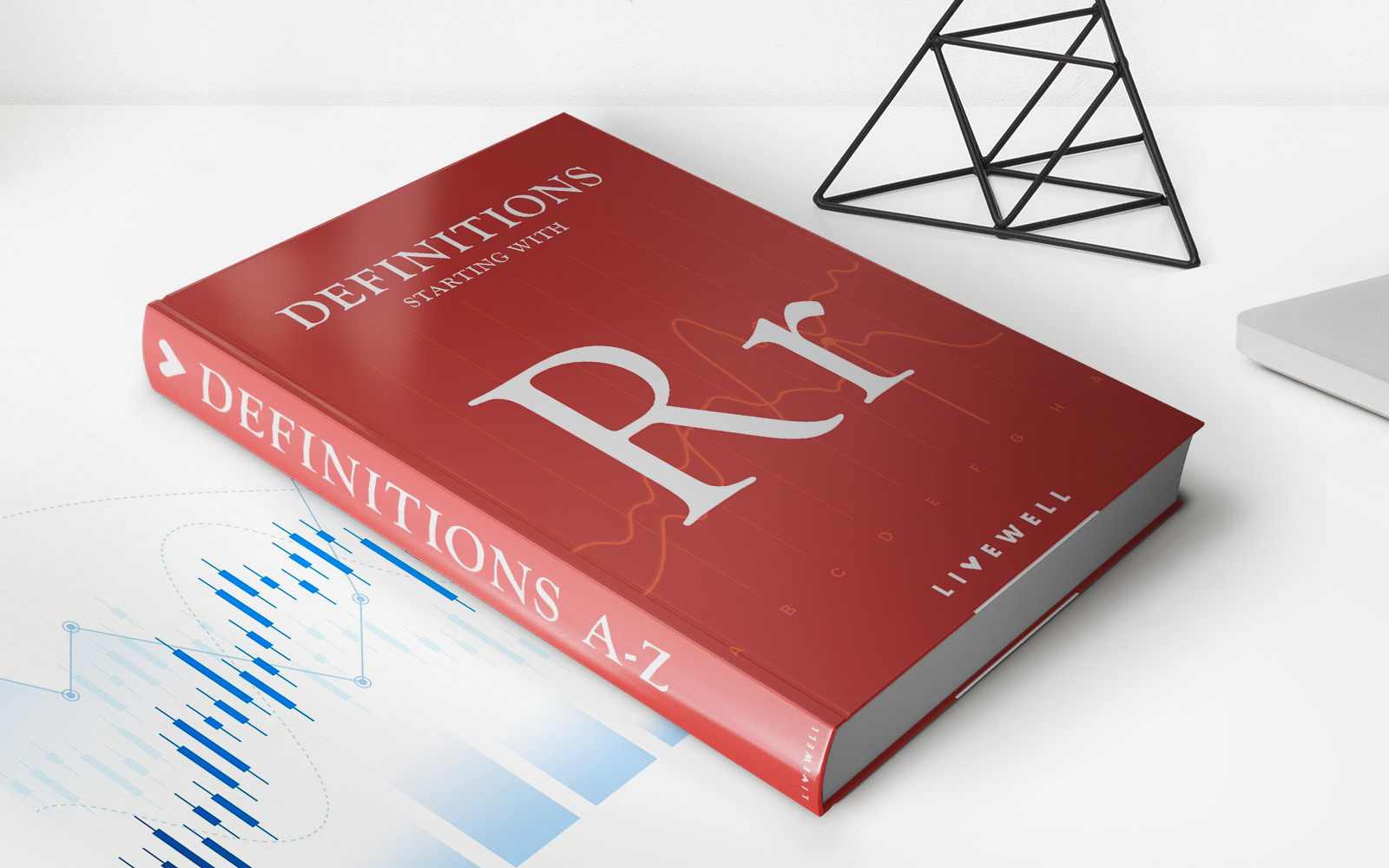Home>Finance>Chair Of The Board (COB): Definition, Duties, And Compensation


Finance
Chair Of The Board (COB): Definition, Duties, And Compensation
Published: October 26, 2023
Learn about the role of Chair of the Board (COB) in finance, including their definition, duties, and compensation. Get insights into this key position.
(Many of the links in this article redirect to a specific reviewed product. Your purchase of these products through affiliate links helps to generate commission for LiveWell, at no extra cost. Learn more)
Expert Insights on the Role of Chair of the Board (COB)
When it comes to corporate governance, the position of Chair of the Board (COB) plays a crucial role. But what exactly does a COB do, and what are their responsibilities? In this blog post, we will delve into the definition, duties, and compensation of a Chair of the Board, shedding light on this important role in the world of finance.
Key Takeaways:
- A Chair of the Board (COB) is the highest-ranking role within a company’s board of directors.
- The primary duty of a COB is to lead the board, ensuring effective governance, strategic decision-making, and accountability.
Definition:
The Chair of the Board, often referred to as the COB, holds the highest-ranking position within a company’s board of directors. This role is responsible for overseeing the overall functioning of the board and ensuring that corporate objectives are achieved.
A COB is typically elected from within the board or appointed by shareholders. They provide leadership to the board and act as a bridge between the board, management, and shareholders. The Chair of the Board plays a significant role in shaping the company’s corporate strategy and ensuring effective governance practices are in place.
Duties:
The duties of a Chair of the Board vary depending on the size and type of organization. However, some common responsibilities include:
- Leading Board Meetings: The COB is responsible for presiding over board meetings, ensuring that agendas are set, and discussions are facilitated in an efficient and effective manner. They must also encourage open and honest debates among board members.
- Setting the Strategic Direction: One of the key tasks of a COB is to work closely with the CEO and other board members in setting the strategic direction of the company. This involves analyzing market trends, opportunities, and risks to ensure the company remains competitive and sustainable.
- Monitoring Performance: The Chair of the Board is responsible for monitoring the performance of the CEO and senior management. They ensure that appropriate measures are in place to evaluate the company’s performance against established targets and objectives.
- Ensuring Compliance and Risk Management: A COB plays a critical role in overseeing compliance with legal, regulatory, and ethical standards. They work closely with the company’s legal and compliance departments to establish effective risk management frameworks.
- Acting as a Spokesperson: The COB represents the company to shareholders, the media, and other stakeholders. They communicate the board’s decisions and corporate strategy, ensuring transparency and building trust in the company’s leadership.
Compensation:
The compensation for a Chair of the Board varies depending on the company’s size, industry, and financial performance. It is usually set by the board’s compensation committee or by a vote of the shareholders. Compensation may include a cash retainer fee, equity grants, and additional incentives linked to the company’s performance.
In conclusion, the Chair of the Board plays a vital role in corporate governance, leading the board and ensuring that the company’s strategic goals are met. With their expertise and leadership, the COB helps shape the future of the organization and contributes to its long-term success.
For more insights into the world of finance and corporate governance, stay tuned to our blog as we explore various topics related to the business world.














